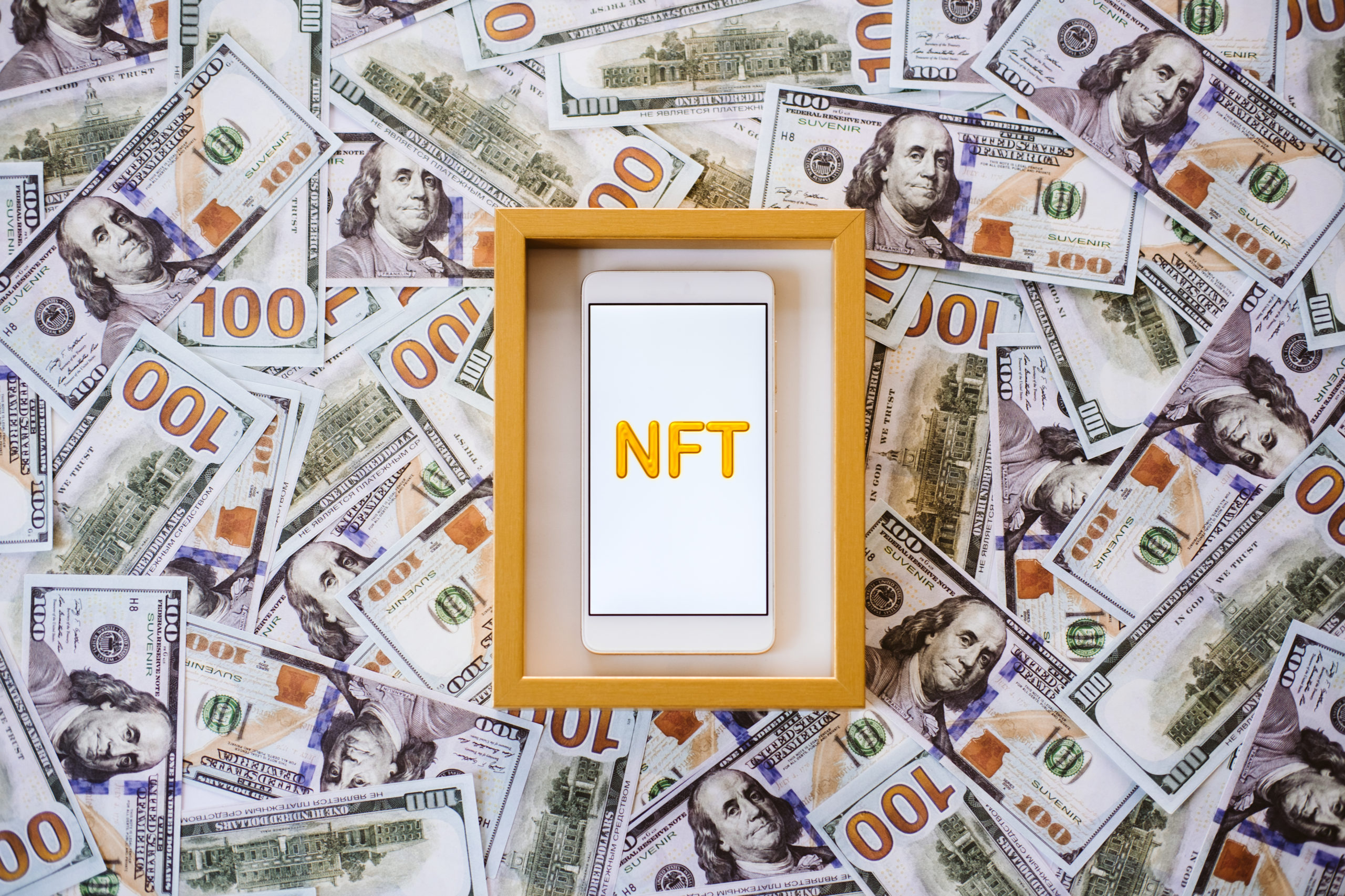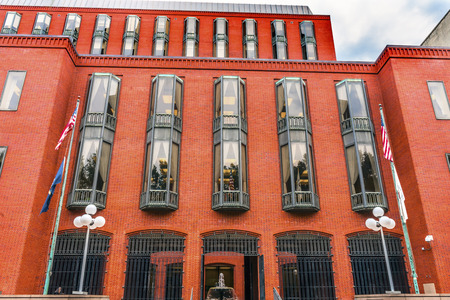Senators Propose New Legislation to Clarify Patent Eligibility Under 35 U.S.C. § 101 | Sheppard Mullin Richter & Hampton LLP
[co-author: Sam Smith*]
On June 22, 2023, Senators Chris Coons (D-DE) and Thom Tillis (R-NC) introduced the Patent Eligibility Restoration Act of 2023, which seeks to clarify the jurisprudence surrounding 35 U.S.C. § 101. The current patent eligibility requirements under Section 101 have been evolving by judicially-created exceptions stemming from the Supreme Court’s rulings in Alice and Mayo, and numerous Federal Circuit decisions that have interpreted the Alice and Mayo framework. Those opinions have, on occasion, appeared to provide inconsistent guidance that has led to continued confusion regarding section 101’s application.
The proposed legislation takes aim at clarifying Section 101 by enumerating a specific list of excluded subject matter and providing guidance for practitioners and judges on its applicability. The text of the proposed legislation eliminates “[a]ll judicial exceptions to patent eligibility” and specifically prohibits the following categories from patent eligibility:
- A mathematical formula that is not part of an invention that is in a category described in subparagraph (B) – where subparagraph B provides “[a]ny invention or discovery that can be claimed as a useful process, machine, manufacture, or composition of matter, or any useful improvement thereof, is eligible for patent protection.”
- A mental process performed solely in the mind of a human being.
- An unmodified human gene, as that gene exists in the human body.
- An unmodified natural material, as that material exists in nature.
- A process that is substantially economic, financial, business, social, cultural, or artistic.
- process claims drawn solely to the steps undertaken by human beings in methods of doing business, performing dance moves, offering marriage proposals, and the like shall not be eligible for patent coverage, and adding non-essential reference to a computer by merely stating, for example, “do it on a computer” shall not establish such eligibility; and
- any process that cannot be practically performed without the use of a machine (including a computer) or manufacture shall be eligible for patent coverage.
Additionally, the proposed legislation states that “the court, at any time, may determine whether an invention or discovery that is a subject of the action is eligible for a patent under this section” with the court able to consider “limited discovery relevant only to the eligibility.”
Similarly, the proposed legislation sets its sights on steps that have been traditionally applied in the Alice framework, making clear that patent eligibility should be assessed without regard to:
- the manner in which the claimed invention was made;
- whether a claim element is known, conventional, routine, or naturally occurring;
- the state of the applicable art, as of the date on which the claimed invention is invented
- any other consideration in section 102, 103, or 112.
Senator Tillis and Coons believe that the reforms in the proposed legislation would widen the category of patent eligible subject matter for legitimate inventions in spaces such as medical diagnostics and artificial intelligence, while completely eliminating the judicially created exceptions, “bring[ing] vital clarity for inventors and innovators and ensur[ing] the United States maintain its competitive edge.”
*Sam Smith is a summer associate in the firm’s San Diego (Del Mar) office.





